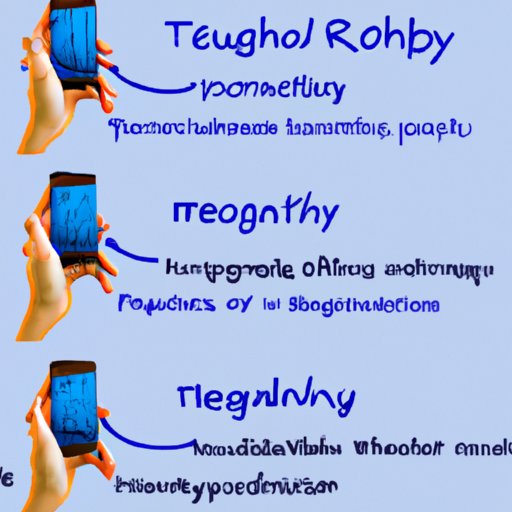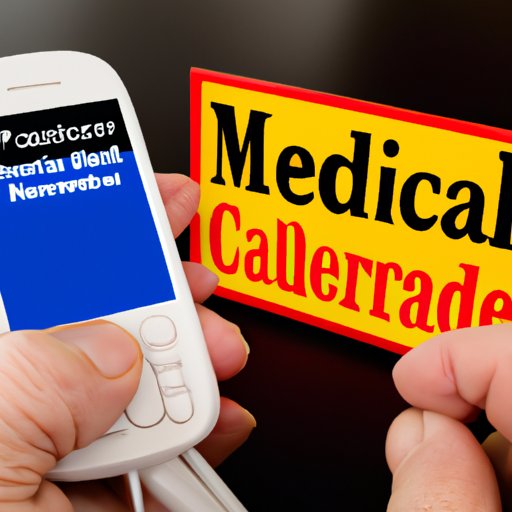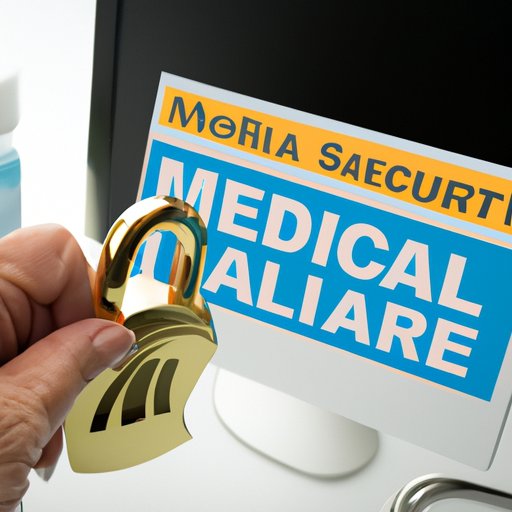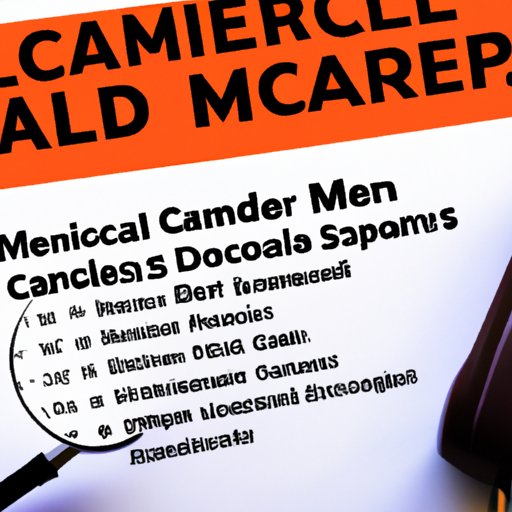Introduction
Medicare is a federal health insurance program that provides coverage for individuals over 65 and those with certain disabilities or medical conditions. As a result, many people receive phone calls from Medicare or its representatives on a regular basis. This article will explore the different types of telephone communication you can expect from Medicare, how to determine if a call is legitimate, and how to protect yourself against scams.
Does Medicare Ever Call You?
Yes, Medicare may contact you by phone in order to provide information about your coverage, answer questions, or offer assistance. Medicare may also use automated technology to call you to remind you of upcoming appointments or other important information. However, it’s important to note that Medicare will never call you to ask for personal information such as your Social Security number or bank account information.

Types of Outreach by Phone
Medicare does have several types of outreach programs that involve calling beneficiaries. These include:
- Outreach calls to remind beneficiaries of upcoming appointments or to answer any questions they may have about their coverage.
- Automatic calls to remind beneficiaries of their eligibility for certain benefits.
- Calls from Medicare representatives offering assistance with enrolling in benefits or finding resources.
- Calls from Medicare representatives conducting routine surveys about beneficiaries’ experience with the program.
How to Determine if a Phone Call is Legitimate
If you receive a phone call from someone claiming to be from Medicare, it’s important to verify the caller’s identity. Some signs that the call is legitimate include:
- The caller has your correct name and other identifying information.
- The caller is able to answer questions about your coverage or benefits.
- The caller does not ask for personal information such as your Social Security number or bank account information.
If you’re unsure if a call is legitimate, you can always hang up and call 1-800-MEDICARE (1-800-633-4227) to verify the caller’s identity. The customer service representative will be able to confirm whether the caller is actually from Medicare.

What to Do if You Receive Unsolicited Calls from Medicare
If you receive an unsolicited call from someone claiming to be from Medicare, it’s important to report the call. You can do this by calling 1-800-MEDICARE (1-800-633-4227). The customer service representative will take down the details of the call and investigate further.
It’s also important to understand Medicare’s telephone communication policies. Medicare does not allow its representatives to call beneficiaries without first obtaining written consent. If you have not provided written consent for Medicare to call you, then any calls you receive are likely fraudulent.

Protecting Yourself Against Medicare Scams
Unfortunately, there are scammers out there who prey on unsuspecting Medicare beneficiaries. To protect yourself, it’s important to understand how to identify and avoid Medicare scams. Here are some tips:
- Never give out personal information such as your Social Security number or bank account information over the phone.
- Be wary of callers asking for money in exchange for services or products.
- Do not accept offers for free medical equipment or services.
- If you’re unsure if a call is legitimate, hang up and call 1-800-MEDICARE (1-800-633-4227) to verify the caller’s identity.
Conclusion
Medicare may contact you by phone in order to provide information about your coverage, answer questions, or offer assistance. It’s important to understand what types of phone calls you can expect from Medicare and how to determine if a call is legitimate. Be sure to protect yourself against scams by never giving out personal information over the phone and being aware of suspicious offers. If you ever receive an unsolicited call from Medicare, make sure to report it immediately.
(Note: Is this article not meeting your expectations? Do you have knowledge or insights to share? Unlock new opportunities and expand your reach by joining our authors team. Click Registration to join us and share your expertise with our readers.)
